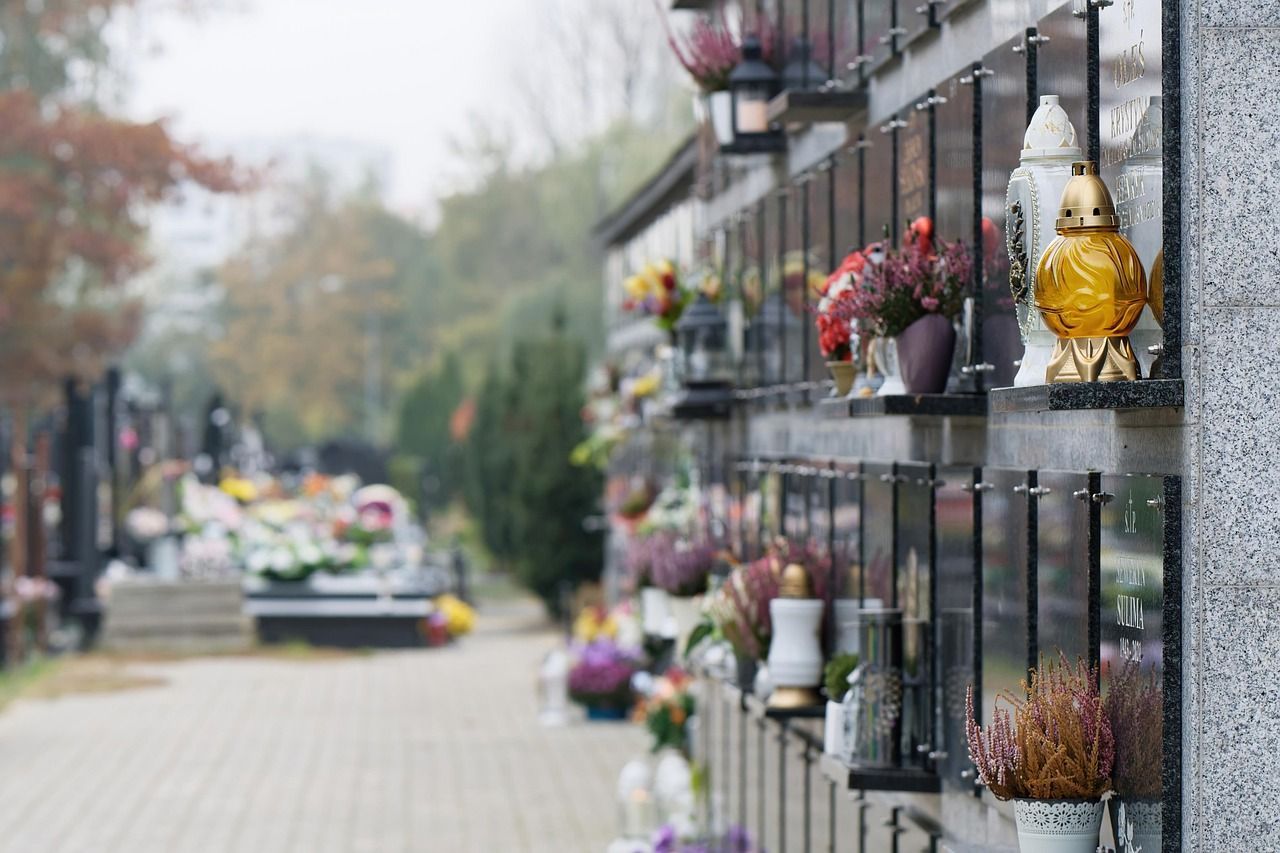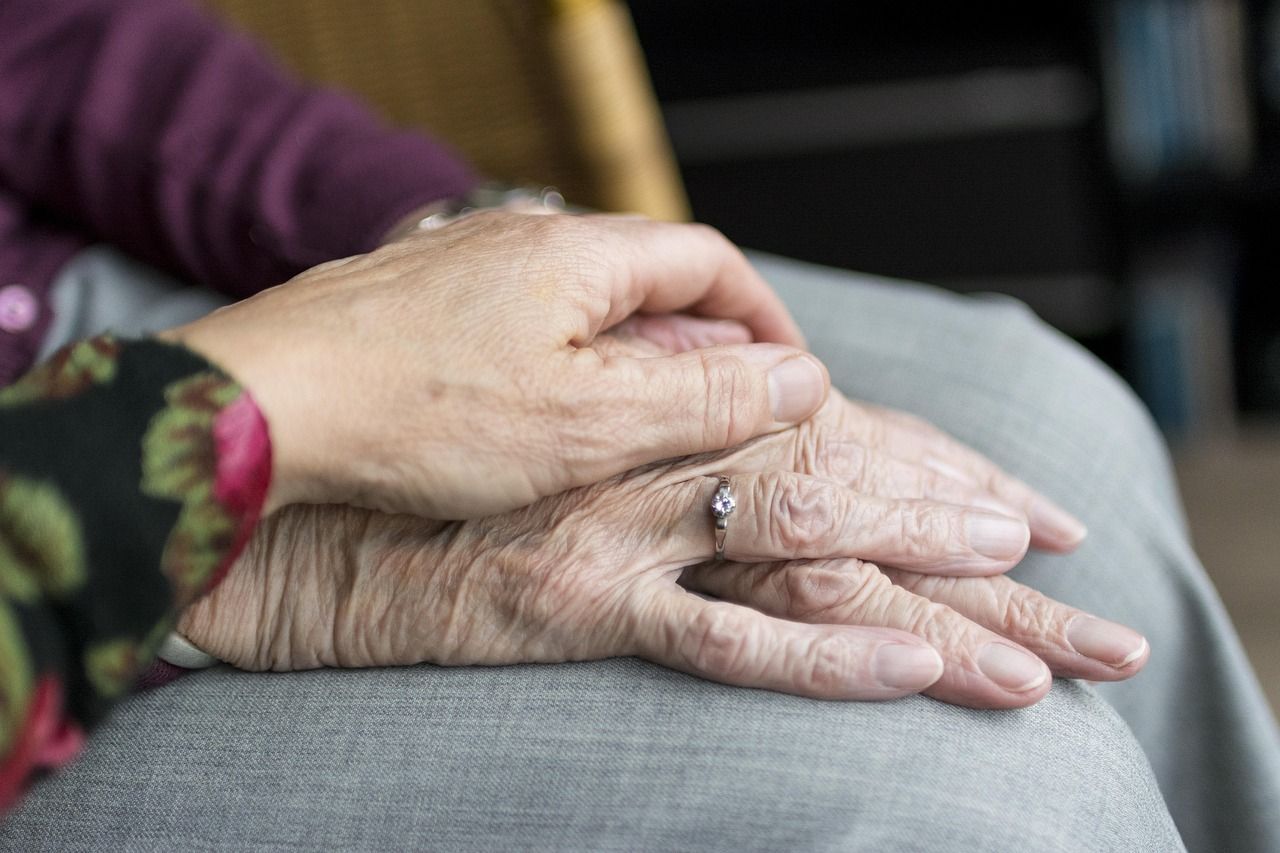Direct Cremation Vs. Cremation With a Service: Which Is Right for You?
When deciding between direct cremation and cremation with a service, weigh the costs and emotional needs. Direct cremation is budget-friendly, skipping extras like embalming. Cremation with a service costs more for facilities and staff. Emotional support and personalized memorabilia can aid in closure. Remember, grief counseling and custom urns can honor your loved one uniquely. Family involvement adds comfort and meaning. Evaluating environmental impact and legal requirements is essential. Both options have pros and cons to take into account before making your decision.
Key Takeaways
- Direct cremation is cost-effective, eliminating services like embalming and traditional caskets.
- Cremation with a service can be pricier due to additional staff and facilities.
- Personalization options like customized urns and memorial services cater to individual preferences.
- Family involvement in decision-making and timing considerations enhance the cremation process.
- Direct cremation has a lower environmental impact, contributing to sustainability.
Cost Comparison
When considering the financial aspect, opting for direct cremation over cremation with a service can lead to significant cost savings. This budget comparison highlights the expense breakdown and financial implications to help you make an informed decision.
Direct cremation generally involves the necessary services required for cremation without additional ceremonies or viewings. In contrast, cremation with a service includes a full funeral service before the cremation process. The price variance between these options can be substantial, with direct cremation often being more cost-effective due to the elimination of certain services like embalming, visitation, and a traditional casket.
A detailed cost analysis reveals that cremation with a service can be pricier due to the additional staff, facilities, and amenities required for a funeral ceremony. On the other hand, direct cremation streamlines the process, reducing overall expenses.
Understanding the financial implications of each choice can help you plan according to your budget constraints. By opting for direct cremation, you may find a more straightforward and affordable alternative while still honoring your loved one's memory respectfully.
Consider these factors carefully to choose the option that aligns best with your needs and financial considerations.
Emotional Support and Closure
To navigate the emotional passage of loss and find solace, emotional support and closure play important roles in the grieving process. When facing the loss of a loved one, it is necessary to have access to various resources that can help you cope with your emotions and begin the healing adventure. Here are some key elements that can provide the support and closure you need during this challenging time:
Emotional Support and Closure Resources
- Grief Counseling: Professional guidance to navigate the complexities of grief and loss.
- Memorial Events: Opportunities to honor and remember the life of the deceased through gatherings or ceremonies.
- Healing Rituals: Practices that promote healing and provide comfort during the grieving process.
- Support Networks: Connecting with others who have experienced similar losses to share experiences and find understanding.
- Closure Ceremonies: Rituals or events that help in accepting the reality of the loss and finding closure.
These resources can offer a sense of community, understanding, and a safe space to express your emotions. Remember, seeking support is a sign of strength, and allowing yourself to grieve in a way that feels right for you is crucial for healing.
Personalization Options
Consider exploring the various ways you can personalize the cremation process to honor your loved one's unique life and legacy. Personalization options can offer a meaningful tribute that celebrates the individuality of your loved one.
Customized urns provide a special way to keep your loved one close, reflecting their personality or interests through design.
Memorial services allow family and friends to gather, share memories, and find solace together.
Keepsake jewelry, such as pendants or bracelets containing a small portion of ashes, can serve as a personal memento.
Tribute videos offer a touching way to preserve memories and showcase the special moments of your loved one's life.
Personalized ceremonies, tailored to reflect the beliefs and values of the deceased, create a heartfelt farewell that resonates with those in attendance.
These personalization options can bring comfort and healing during a difficult time, allowing you to pay tribute to your loved one in a way that feels authentic and meaningful.
Convenience and Timing
Enhancing the cremation process with considerations for convenience and timing can provide a smoother path during this challenging period. When looking at accessibility options, it's important to choose a cremation service that's easily reachable for you and your family. Ease of access can alleviate stress during an already difficult time, allowing you to focus on honoring your loved one.
Family involvement plays a significant role in the decision-making process. Opting for a cremation service that accommodates your family's needs and preferences can make the process more meaningful and comforting. Whether it's selecting a location that holds sentimental value or arranging a time that suits everyone, involving your family can bring a sense of unity and support.
Time constraints often play a role in choosing between direct cremation and cremation with a service. If you're facing tight schedules or specific time limitations, opting for a direct cremation may be the most practical choice. On the other hand, if time allows and you value the opportunity to gather with loved ones for a service, then a cremation with a service may be more suitable for your needs.
Considering location preferences is also important. Selecting a cremation service that aligns with your desired location can make the process more convenient and manageable. Whether it's a facility close to home or a place that holds special meaning, choosing the right location can help ease the logistical aspects of the cremation process.
Environmental Considerations
When considering the impact on the environment, it's crucial to weigh the carbon footprint, eco-friendly choices, green cremation options, sustainable practices, and overall environmental impact of each cremation method.
Direct cremation typically has a lower environmental impact compared to cremation with a service. This is because direct cremation involves the cremation process without a formal service or viewing, which can lead to reduced energy consumption and emissions. Opting for direct cremation can contribute to more sustainable practices by minimizing the resources used during the cremation process.
On the other hand, cremation with a service may involve additional elements such as embalming, caskets, and transportation for the service, which can increase the overall carbon footprint. However, if you choose eco-friendly options like biodegradable urns, organic embalming fluids, or carbon offset programs, you can still make cremation with a service more environmentally friendly.
Ultimately, your choice between direct cremation and cremation with a service should consider the environmental impact you wish to have.
Religious and Cultural Factors
Now, let's shift our focus to the impact of religious and cultural beliefs on the choice between direct cremation and cremation with a service. When considering these factors, it's important to reflect on the following:
1. Cultural traditions:
Your cultural background plays a significant role in how you approach end-of-life ceremonies. Different cultures have specific rituals and practices surrounding death and the afterlife, impacting the decision between direct cremation and a traditional service.
2. Religious customs:
Religious beliefs often dictate funeral customs and ceremonies. Whether your faith emphasizes the importance of a formal service with specific rites or allows for a simpler, more direct approach, understanding your religious customs is crucial in making this decision.
3. Family preferences:
Your family's desires and expectations can heavily influence your choice. While some families may value elaborate ceremonies to honor their loved ones, others may prefer a more private and streamlined process. Considering your family's wishes plays a significant role in finding the right option for your situation.
When considering the choice between direct cremation and cremation with a service, it's important to weigh cultural traditions, religious customs, family preferences, and community expectations while acknowledging the ritual significance these elements hold in honoring your loved one's memory.
Legal and Practical Considerations
Considering the legal requirements and practical aspects is crucial when deciding between direct cremation and cremation with a service. When making this decision, several key factors need to be taken into account to guarantee a smooth process and meet any necessary obligations. Below is a table highlighting the vital considerations for each option:
Documentation requirements
- Direct cremation: Minimal paperwork needed, typically handled by the crematory.
- Cremation with a service: More extensive documentation required for the funeral service.
Estate implications
- Direct cremation: Fewer estate planning complications due to the simplified process.
- Cremation with a service: Estate planning may involve more complexities with a service.
Family involvement
- Direct cremation: Limited formalities, may opt for a separate memorial service.
- Cremation with a service: Provides a formal setting for family and friends to say goodbye.
Legal restrictions
- Direct cremation: Fewer restrictions as it follows a straightforward procedure.
- Cremation with a service: Compliance with regulations for conducting a formal service
Funeral planning
- Direct cremation: Less involvement in traditional funeral arrangements.
- Cremation with a service: Offers a structured approach to planning and honoring the deceased.
Understanding these aspects can help you navigate the decision-making process with clarity and confidence. Whether you choose direct cremation for its simplicity or a service for a more traditional approach, ensuring you consider these factors can help you make the choice that aligns best with your needs and preferences.
Frequently Asked Questions
Can I Witness the Cremation Process?
You can witness the cremation process for emotional closure. Many crematoriums offer family presence in a designated viewing room. It's a personal choice that can provide comfort and a sense of closure during a difficult time.
Are There Options for Virtual Memorials?
When considering options for commemorating a loved one, there are virtual gatherings, online tributes, digital memorials, remote ceremonies, and cyber memorials available. These avenues offer ways to honor and remember them in a meaningful manner.
How Long Does the Cremation Process Take?
You won't believe how swiftly the cremation process unfolds, typically taking 2-3 hours. Observing recommendations vary but can be accommodated. Consider memorial options, ash preservation, and adhere to specific regulations for scattering locations.
Can I Keep a Part of the Cremated Remains?
You can keep a part of the cremated remains in various ways, like ashes jewelry, a memorial tree, cremation art, an ashes tattoo, or a cremation urn. These options allow for personal and meaningful ways to honor your loved one.
Are There Any Restrictions on Scattering Ashes?
When scattering ashes, make sure you consider legal implications, environmental impact, cultural customs, suitable locations, and family preferences. Remember to respect regulations while finding a serene spot that honors your loved one's memory.
To sum up, when deliberating between direct cremation and cremation with a service, take into account the cost, closure, personalization, convenience, environmental impact, religious beliefs, and legal aspects.
By evaluating these factors, you can make an informed choice that resonates with your heart.
Remember, there's no rush to decide, take your time to reflect and consult with loved ones.
Trust your instincts, and the path that feels the most peaceful and poignant will become clear.











